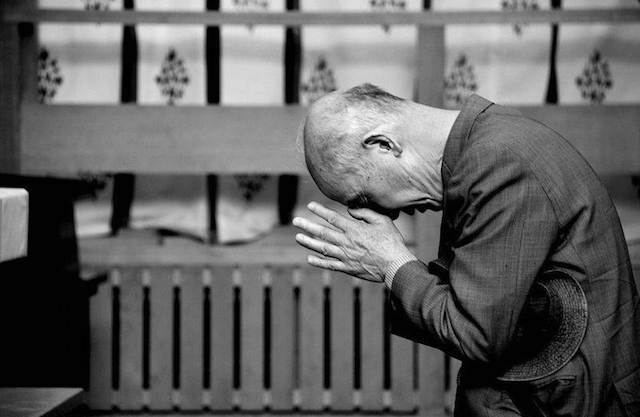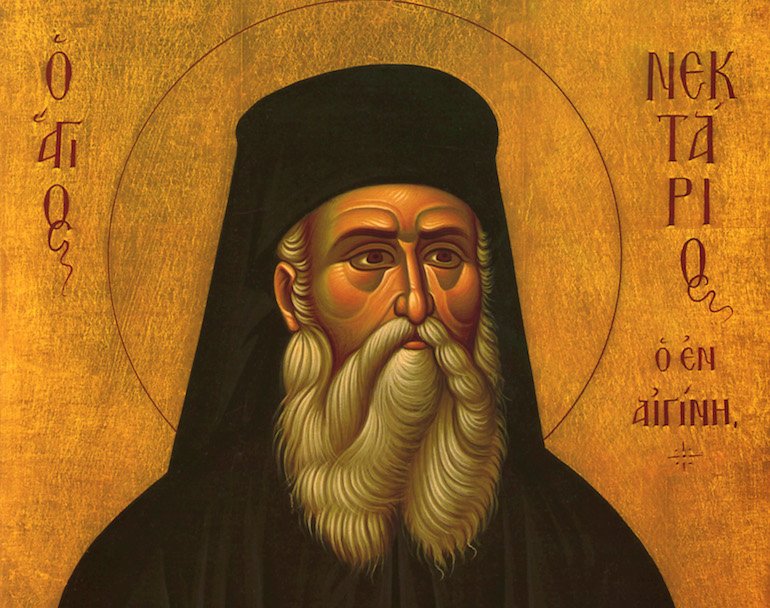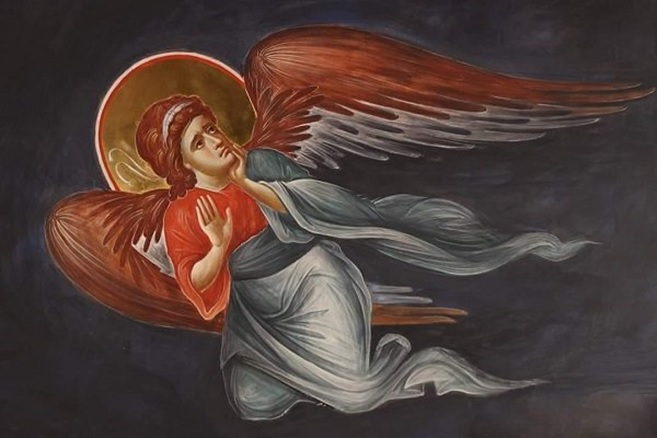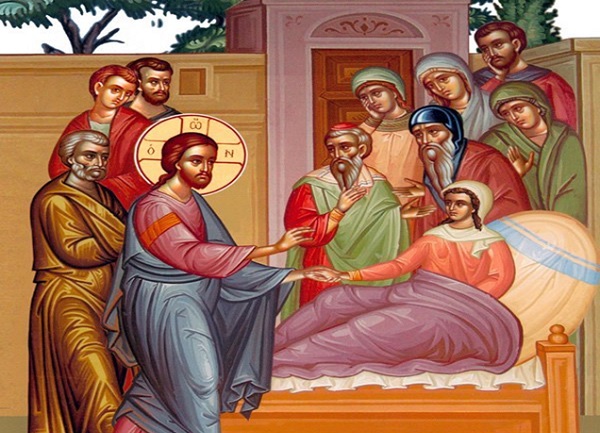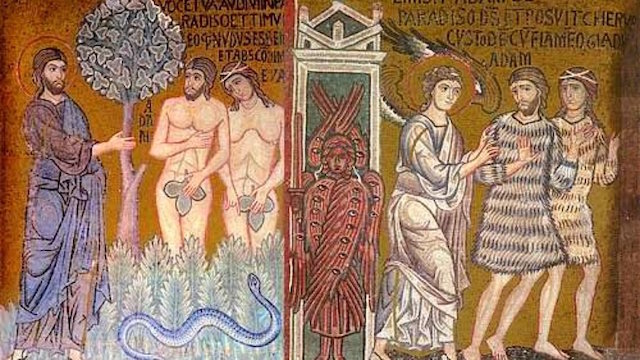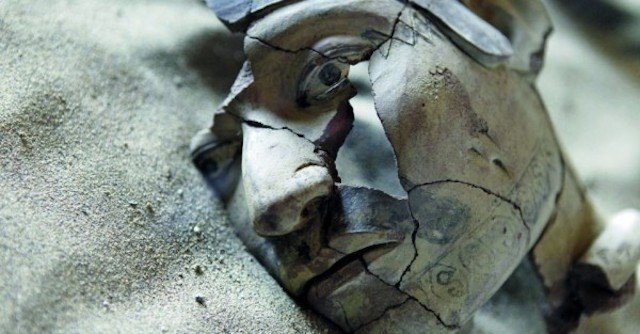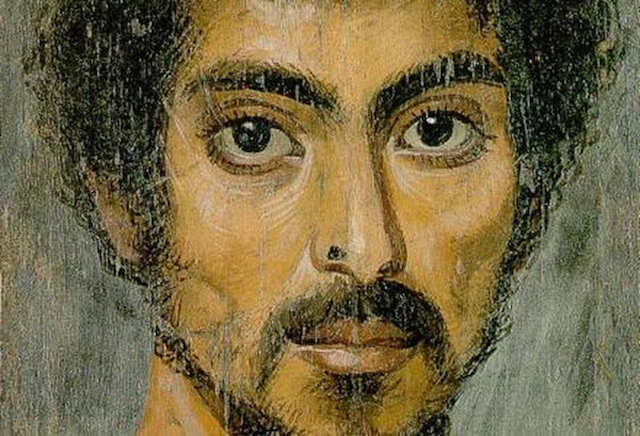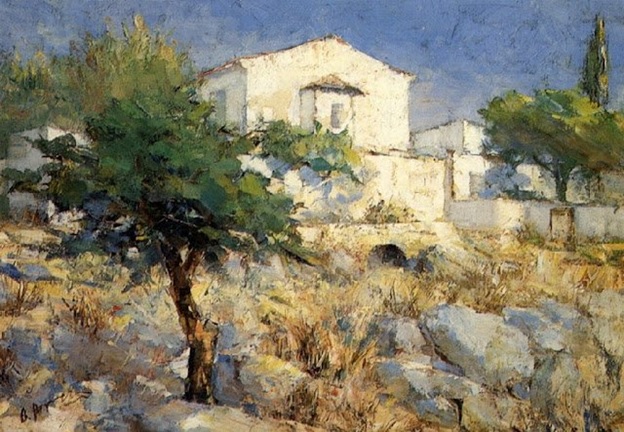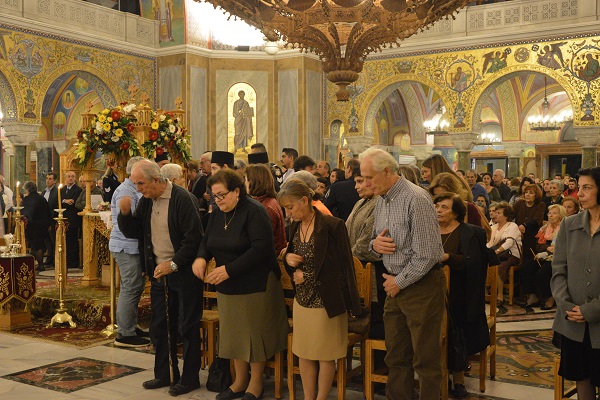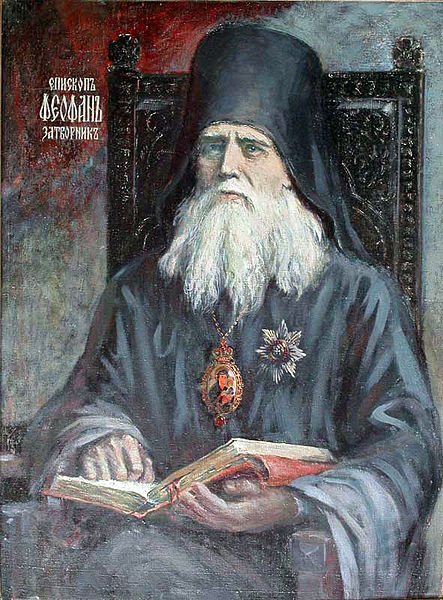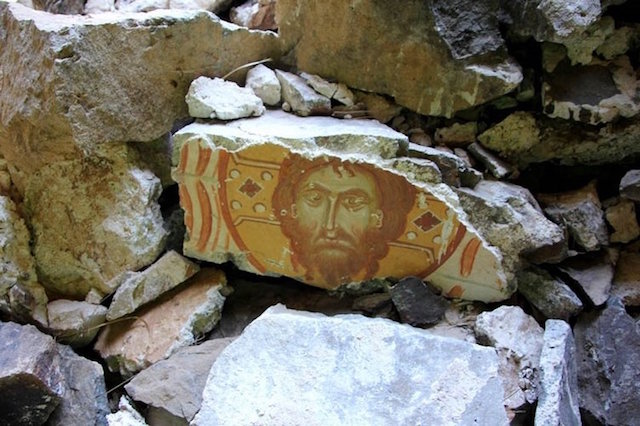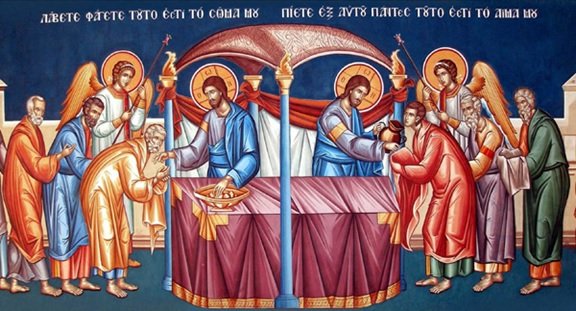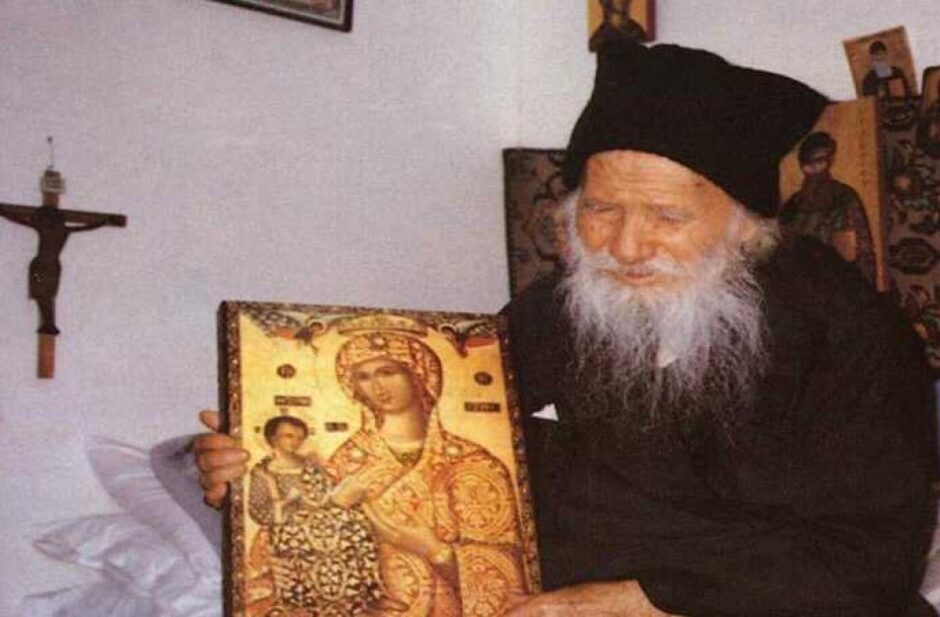
Just as parents have a special natural love for their children, so the mind has a natural connection with its thoughts. And just as some parents love their children to excess, thinking them the most beautiful and capable, even though, in fact, they’re the most inept at everything they do, so, to the foolish mind its thoughts appear to be the wisest, even if they’re the worst imaginable. But to the wise mind, its thoughts don’t appear thus; on the contrary, when it seems that they’re objective and good, that’s when they are least to be trusted. They’re then submitted to other wise people for assessment and confirmation, in case the mind was running, or had run, in vain ( ...



